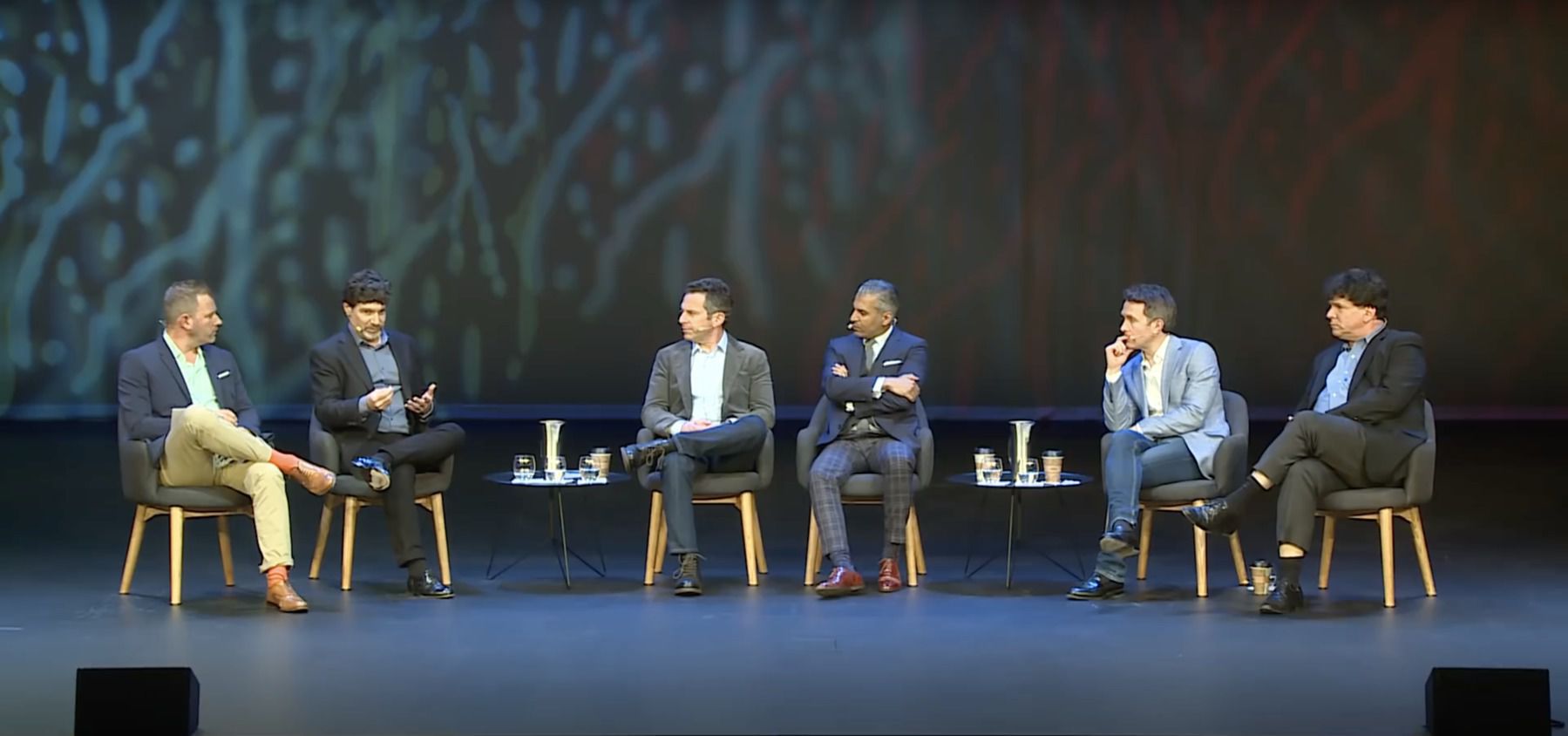Meditations and Learnings
Meditations and Learnings
A Day of Reckoning - Part 2: The Path Forward

Watch this Intellectual Dark Web conversation here.
Douglas posited that we do not yet know how to talk about trip wire topics when individual cases can be used to refute any point. Eric pointed out the compassion for a specific individual is unlikely to result in maximal compassion for society as a whole. Bret expanded on this and spoke on our evolutionarily inherited inability to handle a photo-realistic image of a young child washed up dead on a beach. Terrorism is based on this same cognitive error because we are unable to calculate the danger we are actually in when we hear stories of bombings and the like.
Maajid, Eric, and Douglas began a discussion on the need for a sensible immigration policy and accompanying integration policy which would require immigration be slowed down. It is as a result of the lack of this, they argue, that in 2018 the far-right party (Alternative für Deutschland) is the official opposition in Germany.
Britain was woken up to the dangers of Islam in 1988 with the publishing of The Satanic Verses and the call for the execution of Salman Rushdie while it wasn’t until 2005 that Denmark came to the same realisation when a journalist realised that nobody had been willing to illustrate Mohammed for a children’s book and commissioned a series of artists to do so. This reliably resulted in an uprising and multiple murders.
Eric refuted the need even to invoke the rating of culture as it is obvious that opposing ideologies, regardless of which is better, do not make for a cohesive society. He also pointed out that getting people to hate themselves for their concerns is a brilliant way for a government to continue bringing people into their country uncontested and to continue ”as if” growth in the place of genuine economic growth. Speaking to the concerns of the other side Sam acknowledged the tension between overwhelming compassion for those people who were are severely less lucky and the difficult and issue-laden practicality of actually sharing our luck.
Bret spoke about the burka as a monstrous adaptation to the imbalance of men’s desire as compared to woman’s availability, but how in the west where such an adaptation is lacking we exploit women in a different manner and have our own problems. Maajid resisted this comparison as, while we have market driven use of men and women bodies to sell products, it is morally and intellectually distinct from the dogma that drives the suffering of those women forced into the burka. Bret better clarified that it is the creation of insecurity, specifically sexual insecurity, to which he objects.